
Fast, affordable Internet access for all.

The Spokane Business Journal recently wrote about the community broadband system in Pend Oreille County, long a favored destination for all seasons outdoor recreation. Beginning in 2013, the Pend Oreille County Public Utility District (PUD) began providing residents and tourists with high-speed fiber to the premises broadband via a 573-mile fiber network. The network was made possible by a $27 million American Recovery and Reinvestment Act (ARRA) grant.
Private companies commonly say that such rural areas are not densely populated enough to justify investing in high-speed broadband infrastructure, leaving many rural communities on the disadvantaged side of the digital divide. High-speed community broadband systems like the one in Pend Oreille County cancel out this potential problem as they allow tourists, residents, and businesses alike to be closely connected with nature while staying connected for business demands. Indeed, as the website for Pend Oreille County’s Economic Development Council makes clear, the community broadband service is at the core of the county’s ambitious plans to attract people and businesses to the area.
In our recent report, ”All Hands On Deck: Minnesota Local Government Models for Expanding Fiber Internet Access,” we wrote about rural communities in Minnesota like Cook County where the tourist industry is a large part of the local economy. As in Pend Oreille, insufficient Internet negatively impacted resorts, lodges, and outfitters that depended on customers who needed more than dial-up Internet access. To solve their problem, they invested in a municipal fiber network.
Local community and business leaders report that they have also started to see people and businesses relocating to the county, encouraged by the area’s combination of fiber-optic broadband and outdoor recreation offerings.
The Kitsap Public Utility District (KPUD) is turning to residents to plot the course for expansion, reports the Central Kitsap Reporter. In order to find out where the greatest interest lies in municipal fiber connectivity, KPUD will be using the COS Service Zones survey system.
“Since this is a public network, we do not feel comfortable relying on anecdotal data to determine the next phase for broadband expansion,” said Bob Hunter, Kitsap PUD General Manager. “What’s most appealing with the COS Service Zones is that it enables us to let the gathering and push come from the citizens. We want to be sure the residents are driving this.”
We have reported on the KPUD, mostly as it related to other stories. The publicly owned open access fiber network in Kitsap County Washington began providing wholesale only service in 2000. The goal was to provide better connectivity to public facilities and improve emergency communications and the KPUD has reached that goal.
Readers will remember Seth, who almost had to sell his Internet-less dream home due to mapping errors and the general failures at Comcast. When he approached the KPUD, they found a way to bring him an Internet connection. An increasing number of residents have asked the agency to find a way to serve their homes. Currently, PUDs in Washington are prohibited by state law from offering retail service, which can limit financially-viable investments, but Kitsap is trying to get a sense of the size of the interest.
The COS Service Zones system will help KPUD plan for any potential buildout by determining where customers are most likely to subscribe. The system will also allow the public to see where the KPUD plans to expand as a result of the survey.
Kitsap County residents can go to the website kpud.servicezones.net to fill out the online survey.

Just a few short weeks ago, we interviewed Dave Spencer, the Chief Operating Officer for the Northwest Open Access Network (NoaNet) in Washington. We offered a good overview, but got some requests for more details so Dave returns this week for a more focused discussion in episode 164.
We discuss the specific services that are available and how the retail service providers access them as well as NoaNet's enlightening approach to peering so its service providers have the benefits of low cost, high quality Netflix videos, as an example. We also discuss the legal status of NoaNet as a nonprofit municipal organization. Finally, we discuss the other services that NoaNet makes available and how some of the fees are structured.
This show is 23 minutes long and can be played on this page or via Apple Podcasts or the tool of your choice using this feed.
Transcript below.
We want your feedback and suggestions for the show-please e-mail us or leave a comment below.
Listen to other episodes here or view all episodes in our index. See other podcasts from the Institute for Local Self-Reliance here.
Thanks to bkfm-b-side for the music, licensed using Creative Commons. The song is "Raise Your Hands."

The Northwest Open Access Network in Washington has a long history of expanding high quality Internet access into rural areas and now reaches into every county in the state. NoaNet is a nonprofit organization originally formed by local governments and now operating over 2,000 miles of fiber.
This week we talk with Dave Spencer, NoaNet Chief Operating Officer, about the history of NoaNet, how it has impacted the state, and what the future holds for this organization. We also discuss the NoaNet expansion enabled by the federal broadband stimulus, how their open access fiber network has led to improved wireless connections in many rural areas, and what it takes for a nonprofit organization to thrive in an industry that can be very competitive despite often having very few competitors.
Our previous stories about NoaNet are available here.
This show is 20 minutes long and can be played on this page or via Apple Podcasts or the tool of your choice using this feed.
Transcript below.
We want your feedback and suggestions for the show-please e-mail us or leave a comment below.
Listen to other episodes here or view all episodes in our index. See other podcasts from the Institute for Local Self-Reliance here.
Thanks to bkfm-b-side for the music, licensed using Creative Commons. The song is "Raise Your Hands."
With the release of the city of Seattle's community broadband feasibility study, media outlets turned to ILSR and our own Christopher Mitchell for context, and to help uncover what can be done to help improve connectivity for all Seattleites.
The same week, Christopher was invited to the city by Upgrade Seattle to help launch their initiative. Below are some selected publicity highlights from Seattle.
KUOW's "The Record" with Ross Reynolds. How can Seattle get affordable broadband Internet
KEXP's "Mind Over Matters" with Mike McCormick. Video is below. "What is Seattle's Next Step?" You can also listen to the Audio version here.
GovTech: Colin Wood interviewed Chris for his June 12 article Muni Broadband Goes Mainstream.
“You don’t just want better Internet access,” Mitchell said. “You want to know for whom and at what cost. Is your problem connecting low-income populations? That requires different thinking than if you’re just trying to attract some high-tech businesses to your town.”
CrossCut.com: Amelia Havenec covered the lunch & learn conversation between Chris and Upgrade Seattle organizer Hollis Wong-Wear. Following setbacks, municipal broadband supporters continue urging action
“The focus should be on the people who are not connected, the people who are left behind,” Mitchell responded. “Low income people pay $10 a month for Comcast. But you can only connect one device per household. To make sure everybody has a basic connection at home, there’s a $5 million budget to bring one-gigabit, fiber-to-the-premises internet access to tens of thousands of single-family homes in Beacon Hill, Central District, and Queen Anne. With all the transportation planning right now, it’s a good time to identify a fiber conduit in the ground.”
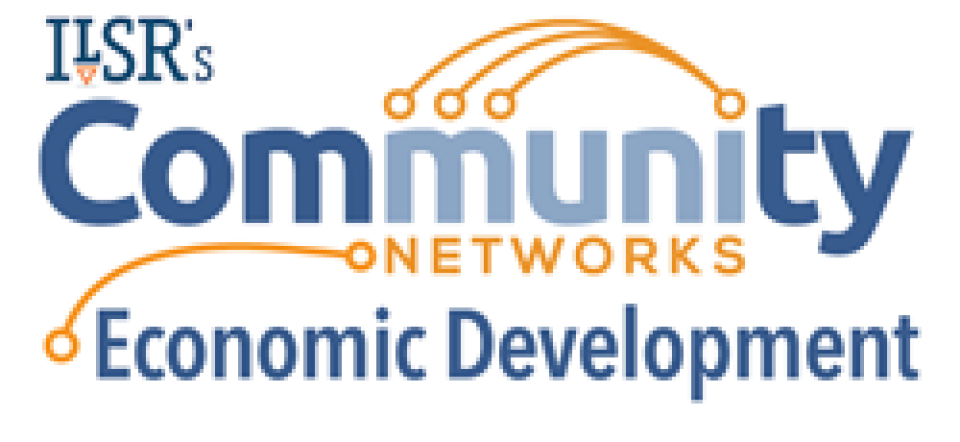
When a community invests in a municipal broadband network, it often does so because it hopes to reap economic benefits from the network. Many people and organizations have explored the positive relationship between municipal Internet networks and economic development, including a White House report published in January 2015. Municipal networks create jobs by ensuring businesses have fast, affordable, and reliable Internet access; the old DSL and cable networks just don't cut it. These networks improve the productivity of existing businesses and attract new businesses to communities, allow individuals to work from home more effectively, support advanced healthcare and security systems, strengthen local housing markets, and represent long term social investments in the form of better-connected schools and libraries. They also create millions of dollars in savings that can be reinvested into local economies.
"Upgrading to higher speed broadband lets consumers use the Internet in new ways, increases the productivity of American individuals and businesses, and drives innovation throughout the digital ecosystem." - Executive Office of President Obama
When municipalities choose to deploy fiber networks, they introduce Internet services into the community that are not only significantly faster than DSL and cable, but more reliable. With more reliable fiber connections, businesses and individuals are far less likely to experience temporary blackouts that can halt productivity in vexing and expensive ways. And because these networks are locally-owned and operated, business owners do not have to spend hours on the phone with an absentee Internet Service Provider like AT&T in the (albeit unlikely) event of a problem.
We at the Institute for Local Self-Reliance have catalogued numerous examples of economic development achievements that have occurred as a result of local governments deploying a municipal broadband network. Below, you can find a wide range of articles, studies, anecdotes, and other resources that speak to the economic successes enabled by municipal networks, organized by topic:
Keep up to date with all things community broadband by subscribing to a once-per-week email with stories about community broadband networks.
Municipal networks create jobs:

Look no further than Morristown, Tennessee, for an example of job creation thanks to municipal fiber. The city took advantage of its local electrical utility, Morristown Utility Systems, to provide gigabit speeds, and businesses jumped at the opportunity. In 2013, Oddello Industries, a furniture manufacturer, brought 228 jobs to the community after investing in a $4.4 million site expansion in Morristown. More recently, a call center looking to relocate to the city was wowed by the municipal utility’s offer to install fiber for free because the city valued the future economic benefits the call center would bring to Morristown over the cost of the fiber installation.
"You can't grow jobs with slow Internet." - Stephanie Rawlings-Blake, Mayor of Baltimore
Municipal networks attract new businesses:
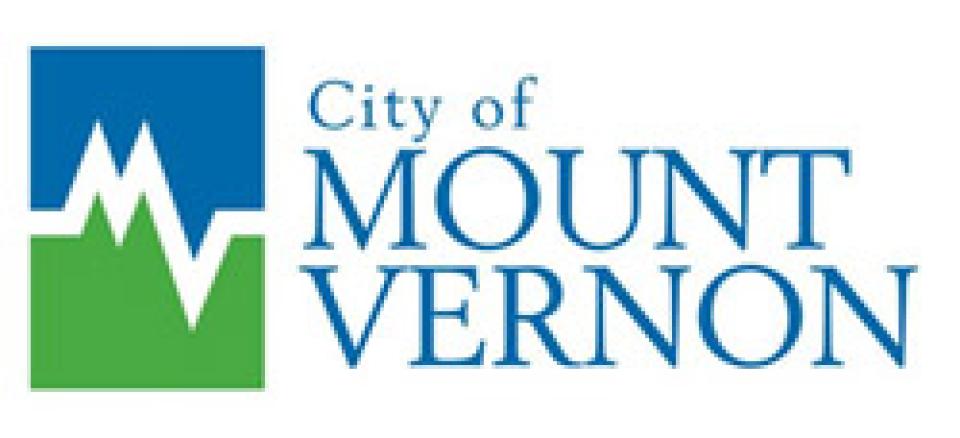
The city of Mount Vernon, Washington has two things in common with our country’s first president, but unlike George, it boasts an impressive municipal broadband network that has attracted high-tech businesses. For example, a digital legal firm, Blank Law, relocated from Seattle to Mount Vernon in order to take advantage of faster speeds offered by the city’s municipal broadband network. While high-speed Internet was not the only reason Blank Law cited for choosing Mount Vernon over other towns (other reasons include quality of life and free parking), it played a significant role. Fiber is rarely the sole reason for a relocation, but it can often be a deciding factor.
"It's almost a feeling of disbelief when we tell companies today we can provide a gig to your business and to your house...These companies want to go where they can see the gig service." - Marshall Ramsey, President of the Morristown, Tennessee Chamber of Commerce
Municipal networks serve existing businesses and keep critical jobs in town:

The small Minnesota town of Windom nearly entered crisis mode when Fortune Trucking, a local company that employed 47 people in a town of 4,600, announced that slow Internet speeds might force it to leave town. Although the company’s headquarters were located a mile outside of the Windom’s jurisdiction, community members successfully lobbied to bring municipal fiber to Fortune, saving those jobs and stabilizing the local economy.
"Municipal broadband can be a powerful lever against the digital divide that condemns people to the isolation and reduced economic opportunities experienced by many of our low-income, disabled, and people of color community members" - Kshama Sawant, Seattle City Councilmember

Municipal networks support home-based productivity:
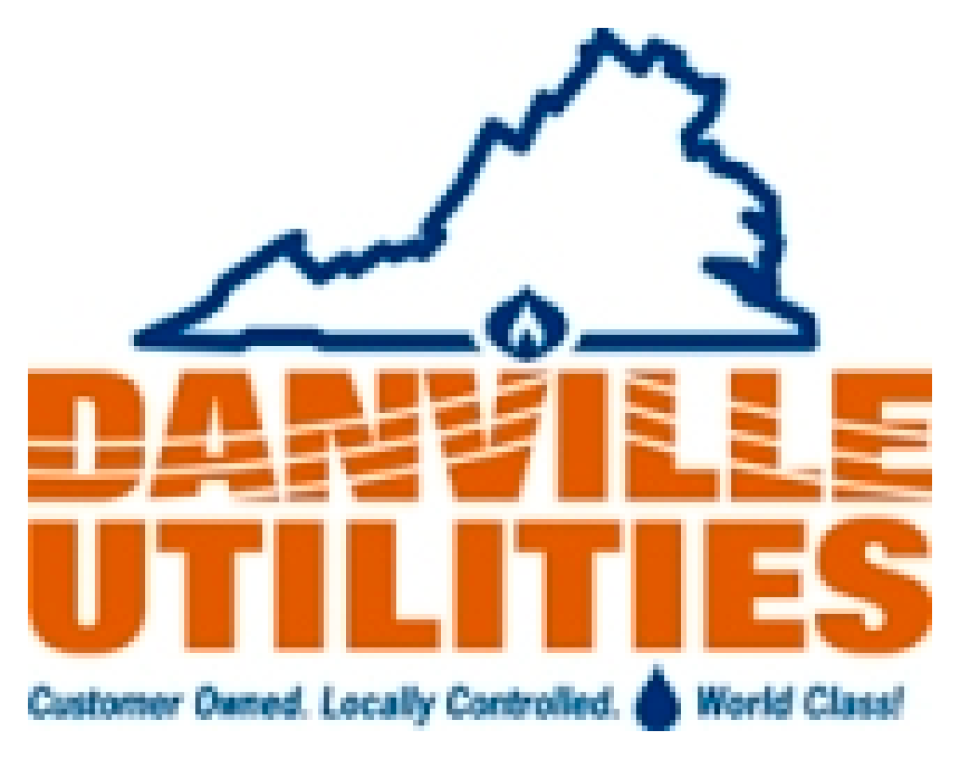
Municipal networks advance healthcare, education, and research:
"We are embarking on new initiatives with our local school district and regional colleges and universities to leverage broadband and to facilitate discussion between schools and the business community to strengthen, retain and attract quality workforce" - Dana McDaniel, Deputy City Manager of Dublin, Ohio
Municipal networks initiate tech booms and incubate start-ups:

"...in the 21st century, in this age of innovation and technology, so much of the prosperity that we're striving for, so many of the jobs we want to create, depend on our digital economy" - President Barack Obama, Speech at Cedar Falls Utilities

Municipal networks save money, which can be reinvested in local economies:
Municipal networks increase home values:
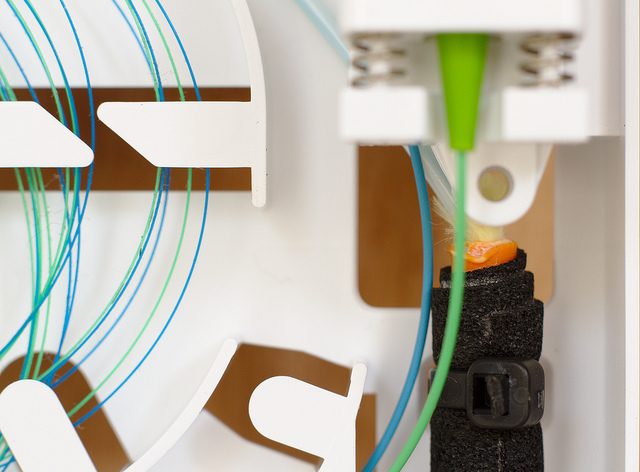 Photo courtesy of Dennis van Zuijlekom through Flickr Creative Commons
Photo courtesy of Dennis van Zuijlekom through Flickr Creative Commons
General resources on economic development and municipal / broadband networks:
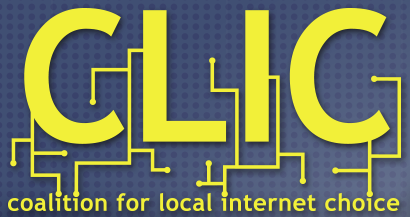
"The message to policymakers is clear: If you want to increase economic growth, focus on broadband." - Robert Pepper, Vice President of Global Technology Policy at Cisco
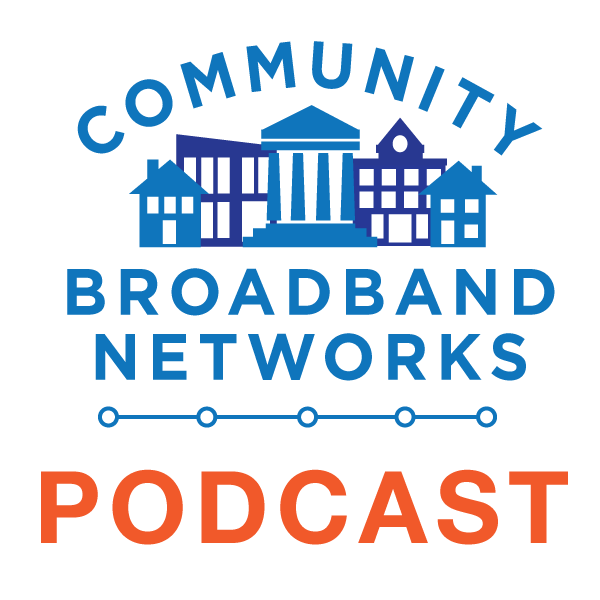
Video and audio resources on economic development and municipal networks:
"Having the infrastructure in place around technology, as well as the asset of this really historic and charming downtown, is a really interesting intersection and I think a lot of people are drawn to that." - Kimberly Van Dyk, Director of Planning and Community Revitalization of Wilson, North Carolina

We were excited to begin writing about the Upgrade Seattle campaign back in January and this week we are presenting a discussion with several people behind the campaign for episode 153 of the Community Broadband Bits podcast. We are joined by Sabrina Roach, Devin Glaser, and Karen Toering to discuss what motivates the Upgrade Seattle campaign and the impact it hopes to have on the community.
We discuss their strategy for improving Internet access, how people are reacting, and how Upgrade Seattle is already working with, learning from, and sharing lessons to, people organizing in other communities for similar goals.
This show is 25 minutes long and can be played on this page or via Apple Podcasts or the tool of your choice using this feed.
Transcript below.
We want your feedback and suggestions for the show-please e-mail us or leave a comment below.
Listen to other episodes here or view all episodes in our index. See other podcasts from the Institute for Local Self-Reliance here.
Thanks to Persson for the music, licensed using Creative Commons. The song is "Blues walk."
As the talk of municipal broadband grows louder in Seattle, city leaders are gathering to learn more about what deploying at a fiber network may entail. On May 13th, the Seattle Energy Committee and leaders from citizen group Upgrade Seattle met to discuss the needs, challenges, and possibilities. Chris joined them via Skype to provide general information and answer questions. He was in Atlanta at the time of the meeting. Video of the entire meeting is now available via the Seattle Channel and embedded below.
King5 also covered the meeting (video below).
"We're starting from a different place in terms of the infrastructure," said Karen Toering with Upgrade Seattle. "The city already has in place hundreds of miles of dark fiber that we're not even using right now that were already laid in the years previous to now."
Upgrade Seattle sees that dark fiber as the key to competition which will lead to better consumer prices and service from private providers.
Businesses are also interested in reliability, argues Upgrade Seattle. Devin Glaser told the committee:
"It's important to have double redundancies – to have two wires connecting everything – so one accidental cut doesn't take out the entire grid," Glaser said. "So anything we have at the city level would value our productivity rather than their profits."
You can watch the discussion below. The conversation on a municipal fiber network lasts about about an hour. Chris begins his presentation around 11:00 into the video. As a warning, there is a significant amount of profane language at the beginning of the video from one of the public commentors.
The Editorial Board of the Seattle Times wants Mayor Ed Murray and his administration to put affordability and ubiquitous access near the top of the list as it considers a municipal fiber network. In a May 7th editorial, the Board acknowledged that Internet access in the City is available, but apparently not at affordable rates for everyone.
One of the next topics for Seattle Mayor Ed Murray to address is whether taxpayers in Software City should support a new broadband network.
...
But any attempt to create the broadband equivalent of Seattle City Light should be planned from the start as a citywide service, providing the same quality to everyone in the jurisdiction.
...
Rates for city broadband must be kept low enough to be accessible and appealing. This would be a challenge for a city that’s found ways to load utility bills.
A city broadband network may be worthwhile if it offers something unique and of great public value. Leveling the playing field and providing top quality service to everyone would meet this criteria.
Ideally, working from home allows one to choose the environment where he or she can be most productive. In the case of Seth that was Kitsap County in Washington State. Unfortunately, incompetence on the part of Comcast, CenturyLink, and official broadband maps led Seth down a road of frustration that will ultimately require him to sell his house in order to work from home.
The Consumerist recently reported on Seth's story, the details of which ring true to many readers who have ever dealt with the cable behemoth. This incident is another example of how the cable giant has managed to retain its spotless record as one of the most hated companies in America.
Seth, a software developer, provides a detailed timeline of his experience on his blog. In his intro:
Late last year we bought a house in Kitsap County, Washington — the first house I’ve ever owned, actually. I work remotely full time as a software developer, so my core concern was having good, solid, fast broadband available. In Kitsap County, that’s pretty much limited to Comcast, so finding a place with Comcast already installed was number one on our priority list.
We found just such a place. It met all of our criteria, and more. It had a lovely secluded view of trees, a nice kitchen, and a great home office with a separate entrance. After we called (twice!) to verify that Comcast was available, we made an offer.
The Consumerist correctly describes the next three months as "Kafkaesque." Comcast Technicians appear with no notice, do not appear for scheduled appointments, and file mysteriously misplaced "tickets" and "requests." When technicians did appear as scheduled, they are always surprised by what they saw: no connection to the house, no Comcast box on the dwelling, a home too far away from Comcast infrastructure to be hooked up. Every technician sent to work on the problem appeared with no notes or no prior knowledge of the situation.